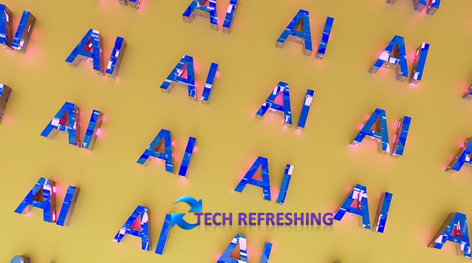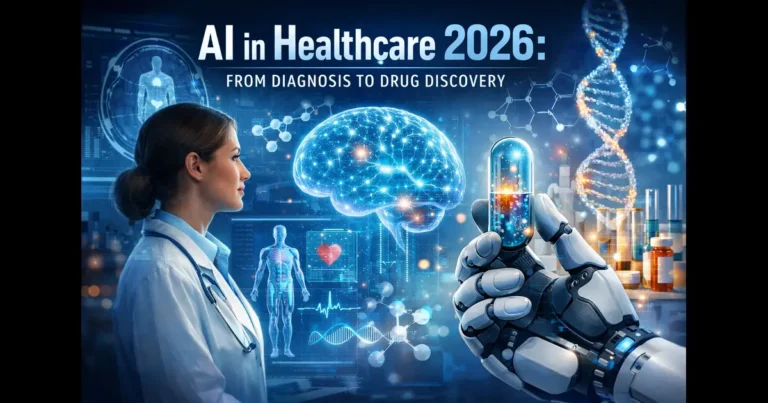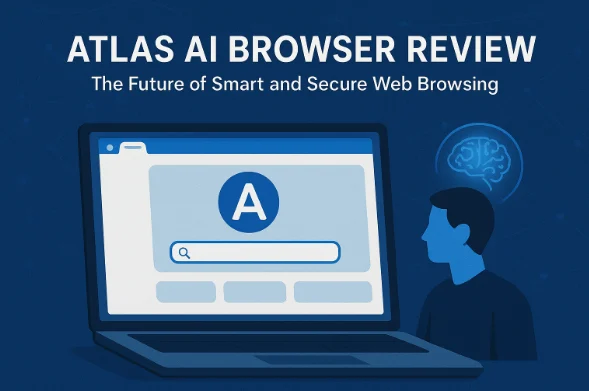
Calls for the regulation of AI have been coming thick and fast
Tech executives from companies including Google, Microsoft, and OpenAI were summoned to the White House on Thursday and told that they had a “moral” duty to protect society from the dangers of artificial intelligence (AI). The executives were reminded that it was their responsibility to ensure the safety and security of their AI products.
The meeting was held amid growing concerns over the risks and rewards associated with AI. Recently launched AI products like ChatGPT and Bard have captured the public’s imagination, offering users the chance to interact with “generative AI” that can perform tasks such as summarizing information, debugging code, and even writing poetry that sounds as if it might have been human-generated.
The rollout of these products has sparked renewed debate over the role of AI in society. There are concerns that AI could rapidly replace people’s jobs, that chatbots can be inaccurate and lead to the dissemination of misinformation, and that generative AI could flout copyright law and voice cloning AI could exacerbate fraud.
The White House made it clear that it may regulate the sector further and urged firms to ensure the safety and security of their AI products. According to the US Vice President Kamala Harris, while new technology, specifically Artificial Intelligence, can enhance people’s lives, it also comes with the potential risks of endangering safety, privacy, and civil rights. Harris underscored that tech companies have a responsibility, not just a legal one but an ethical and moral obligation, to guarantee their products’ safety and security.
Investment in AI Research
As part of its efforts to encourage the development of AI while also addressing potential risks, the White House has revealed a $140m (£111m) investment from the National Science Foundation. The investment will go towards establishing seven new AI research institutes, with the aim of advancing research on the technology and promoting its benefits. Additionally, the investment will help fund research into the potential risks of AI, further promoting the responsible use and development of the technology.
There has been a growing chorus of voices calling for greater regulation of emerging AI, including politicians and tech leaders. Geoffrey Hinton, known as the “godfather” of AI, made headlines this week when he announced his departure from Google and expressed his regret over his work, citing the potential risks of AI chatbots as “quite scary.” In March, a letter signed by tech luminaries Elon Musk and Steve Wozniak urged for a temporary halt to the technology’s rollout. More recently, the head of the Federal Trade Commission (FTC), Lina Khan, shared her perspective on why and how AI needs to be regulated, further adding to the ongoing debate.
In contrast, Bill Gates has countered the demands for an AI “pause,” stating that it would be more beneficial to concentrate on finding the best ways to utilize the advancements in AI. Meanwhile, some experts argue that excessive regulation of AI could give an upper hand to tech firms in China.
Conclusion
The meeting at the White House underlines the growing awareness of the potential risks and benefits of AI. While some advocates argue that AI has the potential to improve lives, others warn of the risks it poses to privacy, safety, and civil rights. As AI continues to develop and spread, it is essential that firms work to ensure the safety and security of their products, and that policymakers carefully consider how best to regulate this emerging technology.







